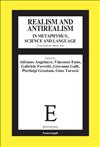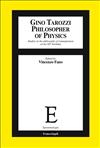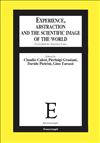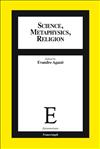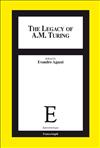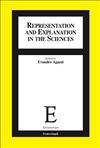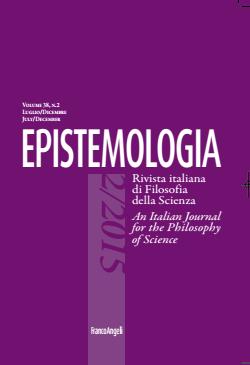Quantum mechanics is often credited for having clearly shown that the whole is something over and above the sum of its parts. We want to assess whether this is really the case, and if so, in what sense. We argue that there is indeed a sense in which this is true. Our argument is that even a weak realistic interpretation of quantum mechanics renders a particular metaphysical principle about property instantiation, that we label Property Compositional Determinateness, untenable. Yet there is another metaphysical principle about composition that is usually maintained to imply that composition of parts exhausts the whole they are part of, namely Mereological Extensionalism. In this case, contrary to widespread agreement, we argue that quantum mechanics does not provide any reason, either direct or indirect, to abandon such principle.
